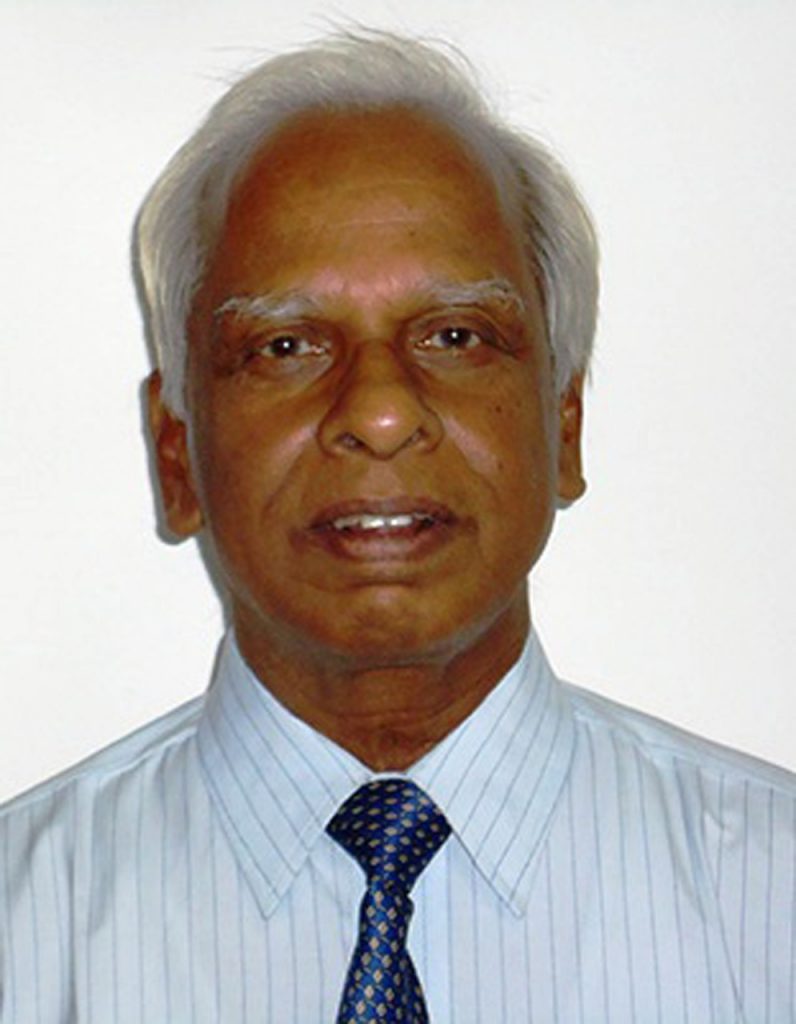One of the first things I learnt in my linguistics class was that all languages are equal. I was almost thirty then and till then no one had told me this, neither had I read it anywhere, be it a newspaper or a book. This idea is generally believed to constitute a major contribution of modern linguistics to our thinking on language.
Research shows that broadly speaking, no language is structurally more complex than another, no language is more learnable than another and all children learn the basic structures of their respective first languages (i.e., mother tongues) with equal speed and ease. At the same time, this dramatic assertion about the equality of languages would appear unconvincing to anyone who is not a linguist because our experience with the real-life situation with respect to language suggests something else.
English, for instance, appears to be a much richer language than say, our own languages. We use English in many domains because we find our languages inadequate for the purpose. Now, this is interesting: we are told by the linguists that what we perceive as a fact is not really the fact; on the other hand, our experience tells us that what we know as a fact, namely that languages are not equal, is indeed the fact. How do we resolve this contradiction?
For centuries, some languages had been looked upon as superior to the others. Some language was supposed to be the language of the gods, so obviously it was superior to the rest which only the poor mortals spoke. Some language was considered to be one of the most ancient, the mother of many languages, on that account that language was superior to at least those many.
There were some languages in which the most creative, impactful thoughts and ideas and the deepest human emotions were expressed and knowledge in many domains created and disseminated. So, these had to be superior to those of which the above could not be said. Some languages, which were spoken by the unlettered, the uneducated, the unsophisticated and the marginalized were looked down upon.
Those which did not have a written form were called “primitive” languages. Not just languages, some life-styles were supposed to be more highly valued than the others, some knowledges were considered to be superior to the others, which made those who pursued the former more influential than those others who pursued inferior knowledges.
The powerful in society viewed themselves as intellectually superior to those who were powerless or less powerful. Naturally, people came to view the languages spoken by the more influential and the more powerful as superior to the other languages.
Times changed. Power equations changed and new power centres and power structures emerged. Equality was held up as an ideal, and democracy as the best form of governance. Successful freedom movements eventually led to some recognition and respect for those who were treated dismissively earlier. Success of science weakened the traditional belief and knowledge systems and power structures sustained by them.
In that intellectual milieu, some American linguists, who created a school of linguistics which has come to be known as “structural linguistics”, found in their fieldwork that the Latin-based grammatical models that they were familiar with and that had proved adequate for the description of European languages, were inadequate for the description of the American Indian languages.
They concluded that as languages differed, so did their grammatical systems. This did not mean, as they said, that some grammatical systems are more complex than some others. They were merely different. Now if languages are equally complex from the point of view of their grammatical systems, then there is no room for a position that some languages are superior to others and that only the more intelligent people can speak certain languages.
As for what appears to be an obvious fact, namely that some languages (say, the well- known European languages) are richer in terms of their expressive power than some others (say, the languages of the indigenous people in America and elsewhere), these linguists observed that this was not due to any inherent handicap in the so-called less expressive languages; it was for socio-economic, political, and historical reasons, among others, that their speakers’ communicative demands on them were much less. The structural linguists were the first linguists who did not connect “difference” with “superiority” or “inferiority”.

It is probably thus that ideas such as “all languages are equally complex in structure” and that “all languages are equally capable of expressing the communicative needs of their respective speakers and that no language is inherently handicapped in this respect”, etc. came to get articulated in a popular, slogan-like form: “all languages are equal”.
This is obviously a very different claim. When technical claims are de-contextualized to become popular assertions, they lose their meaning and significance, and can sometimes be misleading, as is the one that all languages are equal.
As mentioned earlier, if one looks at the communicative domain in which languages function in day-to-day life, one would hardly agree that languages are all equal. In this context, the inherent ability of a language to grow in order to prove adequate to serve the communicative needs of its speakers is of no relevance. It does not redeem a language which is less highly valued in the domain of use.
Promise and inherent capacity are not enough. This, to repeat, does not mean that there are superior or inferior languages; in fact, these terms have been banished from contemporary discourse, not just with respect to languages, but to culture and much else as well. There are languages of wider communication and there are languages which are mostly used in the home domains.
There are languages used for higher education and there are languages used for elementary school education. Very few are the languages of economic opportunity and very many are not. Language conflict, shift to a language of prestige and opportunity and language endangerment, etc. are the consequences of this situation.
Languages are not equal when it comes to language use. If we want to change the situation for our own languages, then we must write about new things, new ideas in them, so that they also become carriers of modern knowledge. Engaging in seminar activism is far, far from enough.
(The views expressed are the writer’s own)

B.N.Patnaik
Retired Professor of Linguistics and English, IIT Kanpur
Email: [email protected]
( Images from the net)

